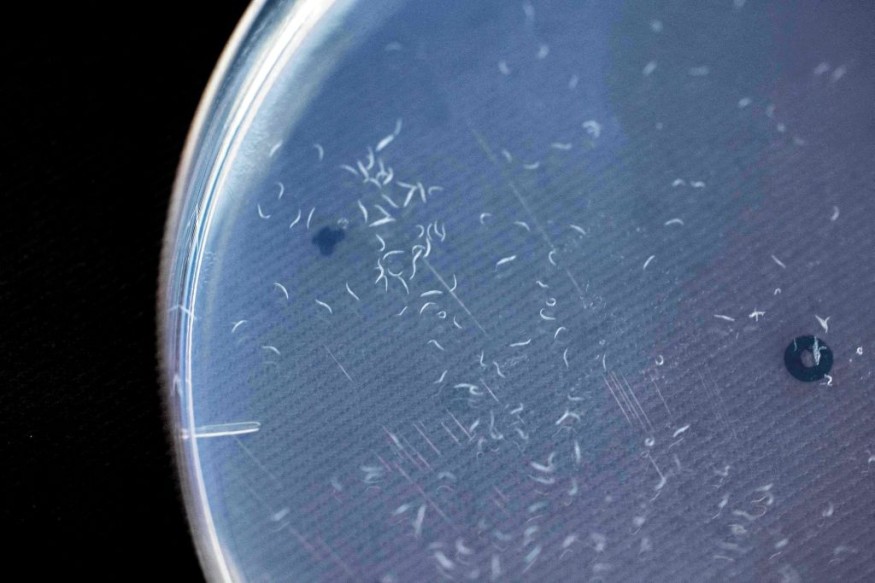Parasites are also capable of positively changing the appearance and health condition of their human hosts to make them attractive and be an ideal mating partners for reproduction.
This manipulation disguising as a form of symbiotic relationship is ultimately for the benefit of the pathogenic parasite called Toxoplasma.
Toxoplasma Parasite

In the new research published in the journal PeerJ on March 25, scientists from Finland explore the question of whether people infected with the Toxoplasma parasite can make their hosts attractive, symmetrical, or healthier than non-infected ones?
The study started its background by highlighting that parasites are one of the primary reasons that negatively impact the health and reproductive success of living organisms.
Unlike other pathogens, such as bacteria and viruses, parasites are known for their notorious drive to spread from one host into another.
The research team is aware that the parasite's ability to infect other organisms or species is decreased if it deteriorates the overall attractiveness and health of its host.
In such conditions, the study claimed that the host may reach a point where it can no longer find a potential mate, making its unwanted visitor decrease its odds of reproducing and passing into the next generation.
Sexually-Transmitted Parasites
While this is the reported case for almost parasites and their infected hosts, the study utilized both objective and subjective measurements to determine whether there is evidence that a species or group of parasites can avoid this.
Scientifically known as the Toxoplasma gondii (T. gondii), Toxoplasma is reportedly a sexually-transmitted parasite, which suggests that it spread through sexual intercourse.
This is made possible as the parasite manipulates the phenotypic characteristics of its immediate host to make them not only attractive but also healthy enough to be capable of producing offspring, which the parasite will infect afterward.
As defined by the Centers for Disease Control and Prevention (CDC), T. Gondii is a protozoan parasite that infects most species of warm-blooded animals, including humans, causing the disease known as toxoplasmosis.
While the parasite also infects animals, the study's authors stated that their knowledge of this parasitic process or symbiotic relationship with humans is poorly studied.
Toxoplasma-Infected and Non-Infected
In order to address the research question, the current study compared traits linked with health and parasite resistance between two groups: Toxoplasma-infected and non-infected subjects.
In addition, the study also attempted to investigate people's perceptions of beauty or attractiveness between the two groups.
As a result, the experiment yields both men and women infected with the parasite were rated to be more attractive and healthier than non-infected ones.
In conclusion, scientists confirmed some parasites like T. Gondii are capable of changing the appearance and behavior of the human host, either as a by-product of the parasitic infection or parasitic manipulation.
Evolution: Beauty and Sexual Preference
Although the perception of beauty and science behind sexual preferences are mainly subjective, a separate study published in the journal Evolution: Education and Outreach in 2018 cite small evidence revealing females evolve to prefer males that will provide them with better offspring.
The study claimed it is with this sexual preference that the evolution of beauty emanated not only from humans but also from animals.
Biologically, the term "beauty" used in the study pertains to both physical appearance and behavior, in addition to the state of health of the organism.
The Finland-based study's conclusion lay the foundation for future research regarding the manipulation of sexually transmitted parasites of their human hosts for their own benefit.
© 2025 NatureWorldNews.com All rights reserved. Do not reproduce without permission.





